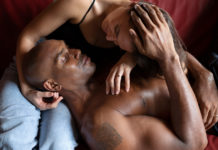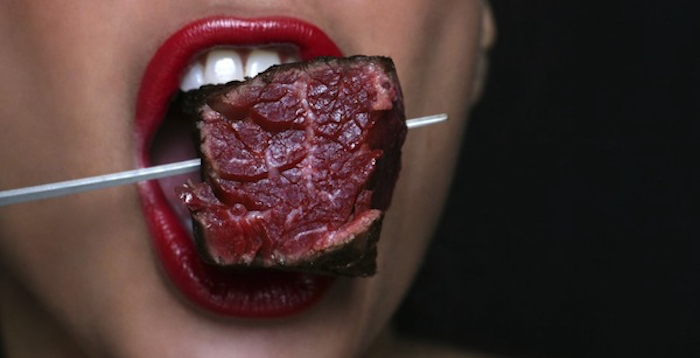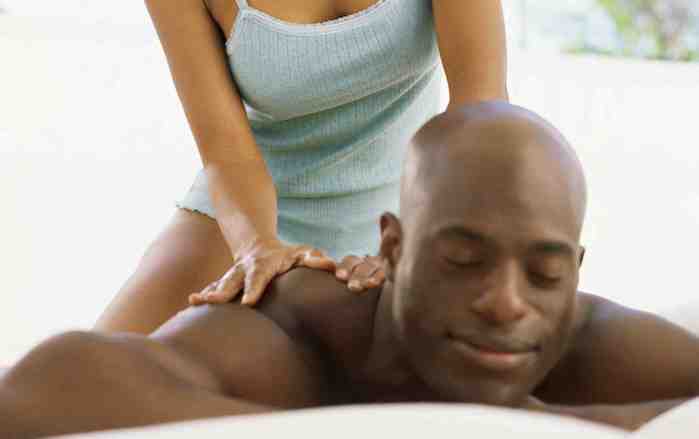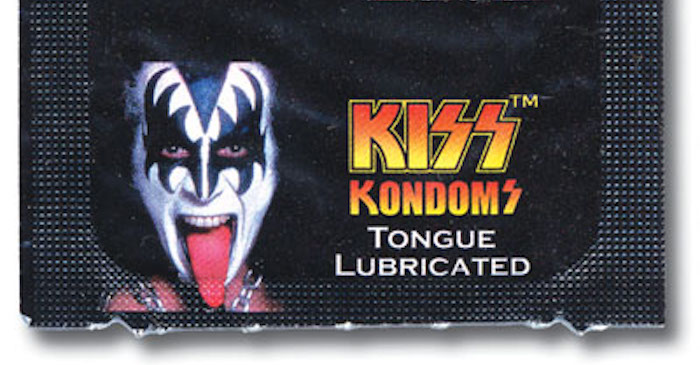The Art of Writing Dirty Dialogue for Erotica Writers
Table of Contents
What somebody says can be just as interesting and downright disgustingly perverted (in a good way) as what they do. Or so I try to write in my fiction. Sure, there are those scenes where I have two or more people baring their pink parts for various tickles, touches, and teasing, in complete silence… save a moan or two. But lots of times, my characters talk a good bunch of the naughty before they get down, especially when one character is doming another and might want to mentally tease and taunt well before they do so physically.
So, writing naughty dialogue is very important to bring your characters to life and add a bit of sizzling foreplay to your scenes.
How to Write Naughty Dialogue
How do you do it then?
IDF-ingK!
Ok, that’s not true. I do know. But as with everything else I have imparted so far in this series, how you write a few lines of back-and-forth banter or a long single-character diatribe should come organically from the scene you set up and how you believe your characters might sound.
Sure, there are those instances where somebody might be enacting a little role-play and therefore speaking in a manner they usually don’t (baby talk, stern master or mistress, maybe even with an accent they don’t actually have). But, as you do with all of your erotica, you should be searching for truth in your words, be they dialogue or description.
When a character opens their mouth, they should sound like themselves or the selves you have established along the way. Unless they are possessed or schizophrenic… or again, playing a role.
Masters of Written Word
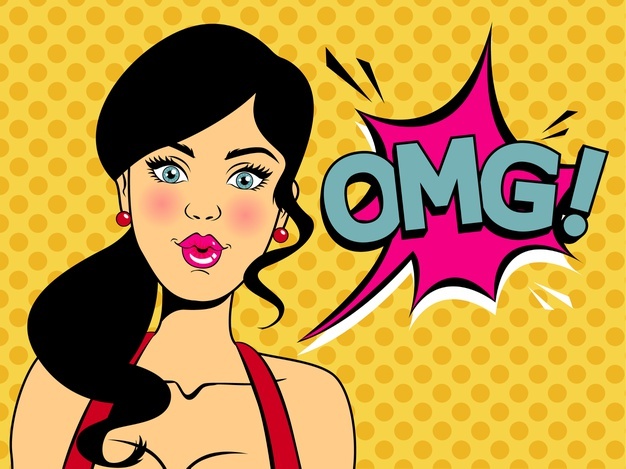 One of the masters of the written word, Steven King (no slouch in the old writing department) makes a mention in his book On Writing: A Memoir of the Craft that he’s as cautious of the overuse of adjectives as he is with the ‘he said,’ ‘she moaned,’ ‘he admitted,’ kind of dialogue descriptors. He does have a point. That extra stuff added at the end of some dialogue can slow it down. I think once you have established who is speaking to who, then you can probably let go of the ‘he/she said’ stuff unless a character is doing something specific when speaking that you want to have your audience ‘hear.’
One of the masters of the written word, Steven King (no slouch in the old writing department) makes a mention in his book On Writing: A Memoir of the Craft that he’s as cautious of the overuse of adjectives as he is with the ‘he said,’ ‘she moaned,’ ‘he admitted,’ kind of dialogue descriptors. He does have a point. That extra stuff added at the end of some dialogue can slow it down. I think once you have established who is speaking to who, then you can probably let go of the ‘he/she said’ stuff unless a character is doing something specific when speaking that you want to have your audience ‘hear.’
“So, you admit you’ve been a bad boy,” Juanita said, giving Tom’s tight testicles another flick with her belt.
That kind of a thing.
Dialoging Sounds
I have gone whole pages with just dialogue written, nothing else. I am also fond of letting loose with a “SMACK” or a “TITPAT” to describe the sounds a paddle makes on a pair of bare buttocks or just the drumming of fingers across the inside of a thigh. So, you might come to want to create dialogue as much as sound, and we all know, with erotica, there are many options for sound.
I mentioned the fantastic writer Roger Zelazny a few columns back and his masterful ability for writing dialogue so economically, but at the same time so chock-full of a character’s voice, I came to know the men and women who populate Zelazny’s infamous Amber Chronicles as much by their actions as from their repartee.
You can aspire to be as good as Zelazny, but good luck getting to his level… or Steven King, for that matter. These dudes are masters of the craft.
Do What You Do Best
Lastly, you don’t have to write dialogue at all. What you scribble forth is your baby, birth and nurture it the way you see fit. Or your dialogue could just be to get you from one heavy humping scene to another and not be all that interesting or informative.
It is all up to you. I am just saying if you feel dialogue is right for a particular story you are writing, stay true to the characters. Try to listen to how they speak (you can even read the dialogue out loud if you want, sometimes hearing it helps to determine its authenticity to your ears) and don’t get mired in having to hold your reader’s hand every step of the way with who is saying what when.









